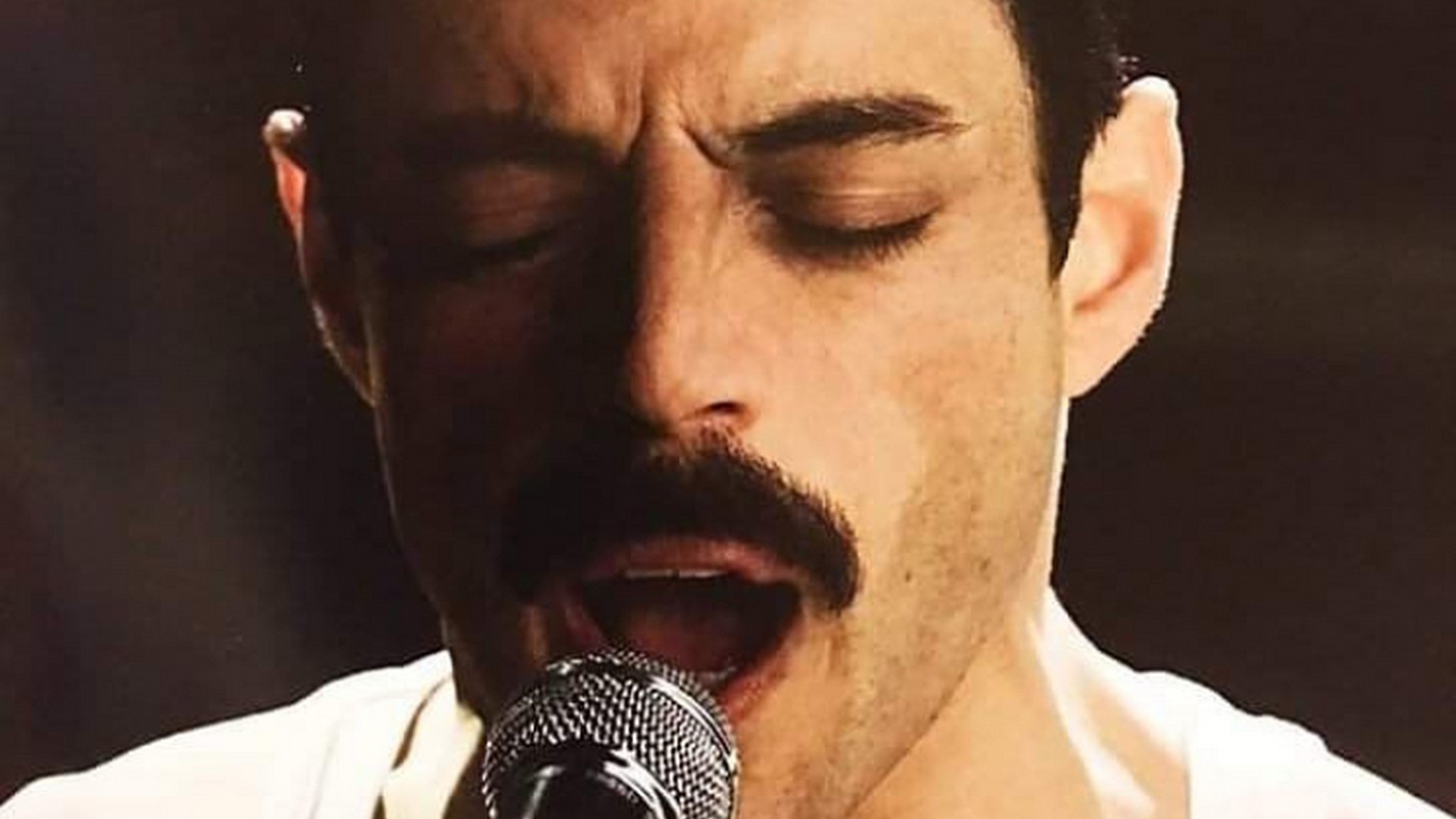
After one of the ugliest campaigns in years, the Best Picture nominees have finally been announced. Hot on the heels of the news, intense flare ups have already begun, revealing a deep divide between the establishment and a diversifying industry. While the gains in diversity — Roma has an indigenous Mexican lead, Black Panther celebrated African might and The Favourite had three lead roles go to women — are to be commended, the patronising race-relation message of Green Book and the pat-yourself-on-the-back posturing of Vice represent the very worst of Hollywood’s self-congratulatory nature.
Additionally, no female directors were nominated, despite films as brilliant and diverse as Madeline’s Madeline, The Rider, Leave No Trace, You Were Never Really Here, Private Life and Happy as Lazarro. The Academy has a long way until it becomes a real meritocracy.
Perhaps more so than in any other Oscar year, the variance between the best film on the list and the worst is incredibly high. On the one hand you have great films such as the gorgeous, eye-watering and visually groundbreaking Roma or the dirty, delightful The Favourite, yet on the other you have straight-washing biopics such as Bohemian Rhapsody or screaming liberal catnip such as Vice.
It begs the question: how can the same people vote for both films? To add more fuel to the fire, we have decided to look again at each nominee individually and rank them. Think we got it completely wrong? Or just angry about the Oscar results in general? Please sound off in the comments below.
8. Vice (Adam McKay)
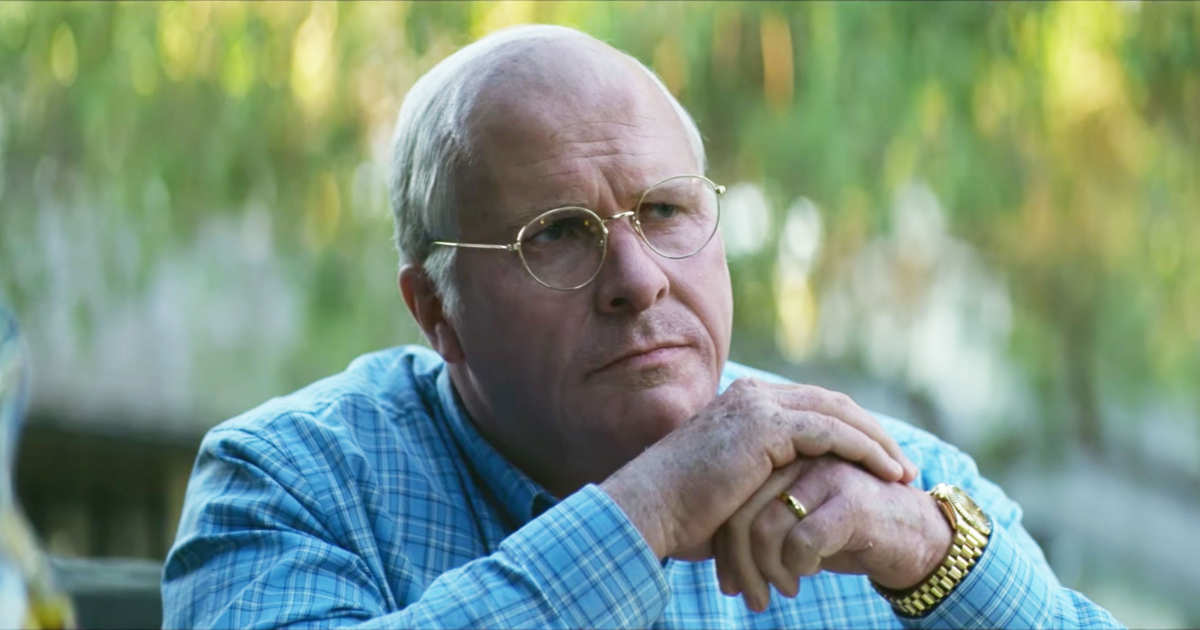
The worst film to ever be nominated for Best Picture, Vice is an embarrassment from start to finish. Christian Bale gives everything he has here in his performance of Dick Cheney, seemingly the most boring and mild mannered man to ever wield so much power, yet Adam McKay’s presentation of the themes wildly oscillates between incomprehensibility and patronisation, creating one of the most painful experiences ever committed to cinema.
Looking like it was edited on PowerPoint, featuring shaky, poorly-lit mise-en-scène, more freeze-frames than Wolf of Wall Street and Goodfellas combined (and not in a good way), fourth-wall breaks that elicit more groans than a porno and snide voiceover, rarely has theme and style been combined in such a terrible and reckless manner.
A million people died in Iraq because of greed. This is such an important topic. What it doesn’t need is some finger-wagging guy to say “Hah! You were too busy watching Britney Spears to care” as if that really means something.
While The Big Short actually managed to say something about the financial crisis and used its pop-collage style to help make its points, Vice has no inspiration beyond cocaine and YouTube videos. Why Hollywood awarded Vice an Oscar nomination is anyone’s guess. Perhaps it makes them feel good about themselves to laugh at water-boarding as if it’s all hijinks. This movie is a hate crime.
7. Bohemian Rhapsody (Bryan Singer)
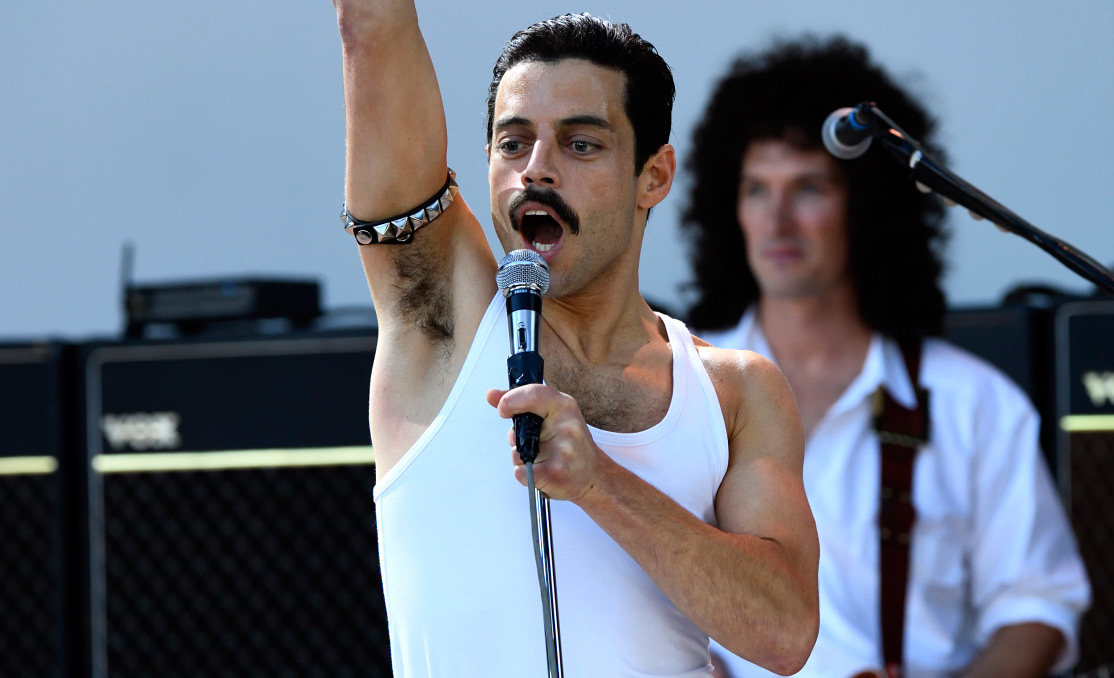
It is absolutely astonishing a year after the #metoo movement that a film directed by Bryan Singer — who has been accused of multiple rapes, both forceful and statutory — is in contention for Best Picture. It seems that when it comes to Hollywood, big gestures still speak louder than genuine actions.
One does not need to separate the art from this artist here anyway, as his film Bohemian Rhapsody, finished by Dexter Fletcher after he was fired for tardiness on set and arguing with co-star Rami Malek, is an atrocity. Completely disrespectful of who Freddie Mercury was, it turns the renowned bisexual singer into a self-hating man ultimately punished for the crime of having gay sex. Although made with the participation of Queen’s remaining members, it’s a film that completely misses what the band represented to so many people. Queen represented freedom, playfulness, sexual liberation; Bohemian Rhapsody can barely string two scenes together, making the rest of the bandmates seem like complete squares while judging Freddie for simply having some fun.
The best trick the film pulls is ending with Queen’s iconic Live Aid concert. Handsomely shot, it makes audiences believe that what they witnessed was a great film. Yet it is a gesture as pointless as any shot-for-shot live action remake of a Disney film. Why make it when the original sequence, stunning as it is, already exists?
6. Green Book (Peter Farrelly)
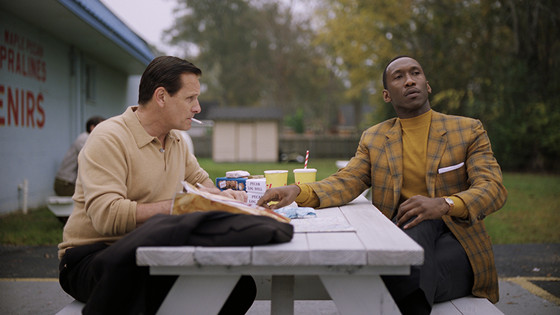
Green Book is set in 1962. It also feels like it was made in 1962, an interracial road movie that, although undeniably entertaining as a piece of feel-good cinema — almost entirely due to Viggo Mortensen’s bizarre interpretation of Italian-American dialect —has a view of race-relations completely stuck in the past.
While receiving the people’s prize in Toronto, African-American critics were quick to notice that this was a white saviour movie that focused more on the personal feelings of its Italian-American protagonist than the black man he is supposed to protect.
Nonetheless, it’s easy to see why the movie is popular. Both Mortensen and co-star Mahershala Ali give great performances, and its overall message — racism is bad, let’s overcome our differences — is an easy one to get behind. Still, scenes of a white man forcing a black guy to eat fried chicken, telling him he knows more about black culture than him, then eventually being the focus of attention rather than the person being abused, is never a good look.
Definitely not a deserving Best Picture nominees. Currently second favourite to win the Oscar, after Roma, no controversy, either in the film or off-set, can seem to derail Green Book’s momentum.
5. Black Panther (Ryan Coogler)
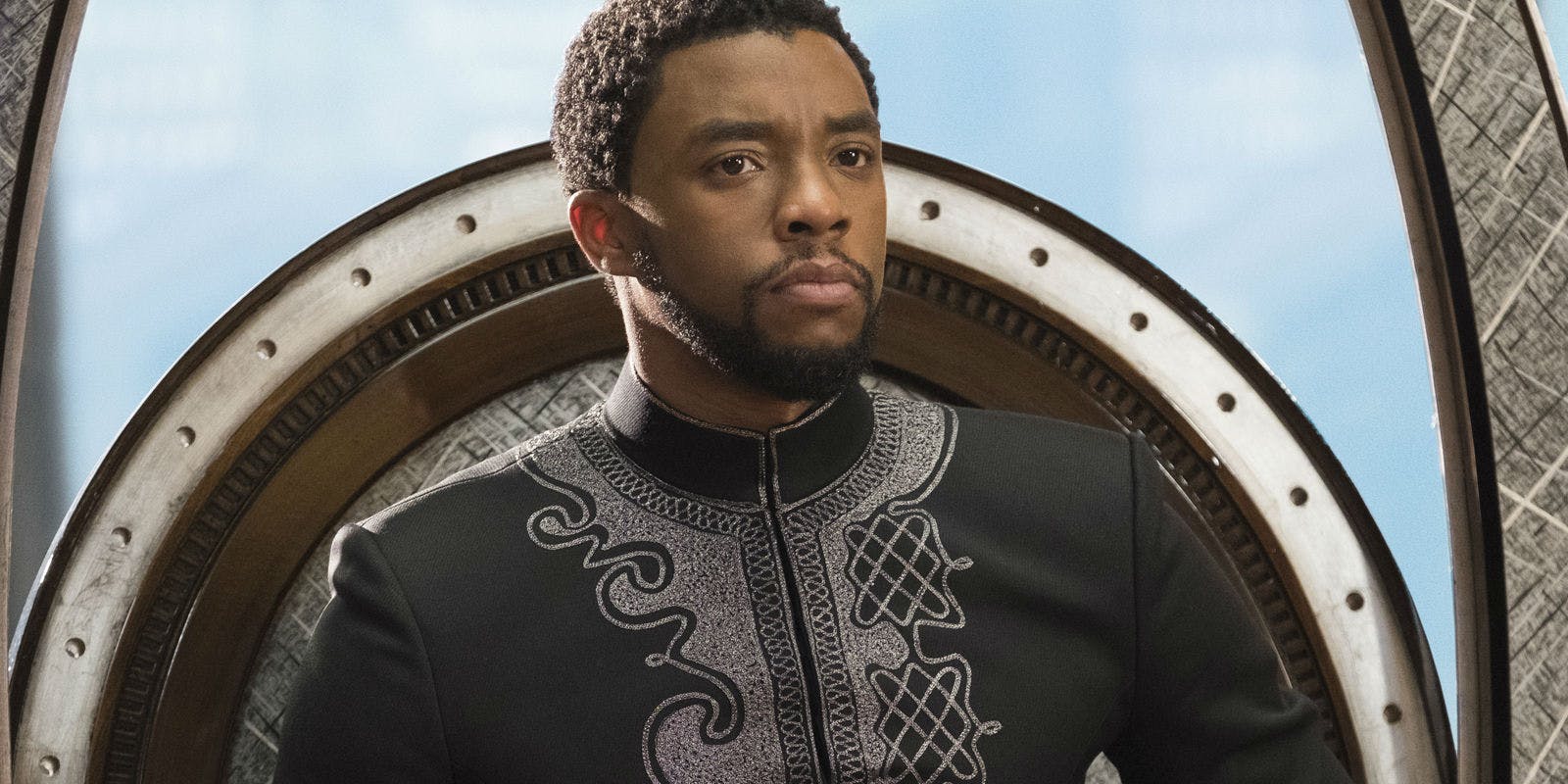
Whatever film wins Best Picture, Black Panther will still be the most important film of 2018. Grossing over $700 million in North America alone — more than Infinity War — everyone and their dog went to see the first black superhero front a Marvel Cinematic Universe film. Ryan Cooler’s third film — after the brilliant Fruitvale Station and reinventing Rocky with Creed — is a step above the usual Marvel fare, incorporating specifically African and black themes into the plot to create something with substance as well as spectacle.
Its cultural impact — as shown by the insane box office receipts — cannot be denied. Nonetheless, where the movie both soars and sinks is in the special effects. While its vision of Wakanda as a thriving metropolis, a kind-of sealed away technological city-state, is incredible to see, the bland action scenes still leave a lot to be desired.
Nonetheless, it also boasted one of the most exciting villains in recent years in Killmonger. Played with real power by Michael B. Jordan, he was one of the few Marvel villains in recent years to have a clear aim and sense of purpose, really bringing T’Challa’s inner conflict — between protecting his own country and helping the rest of the world — into view.